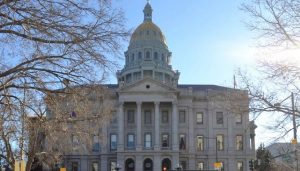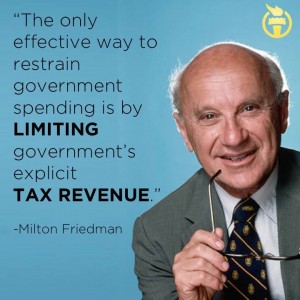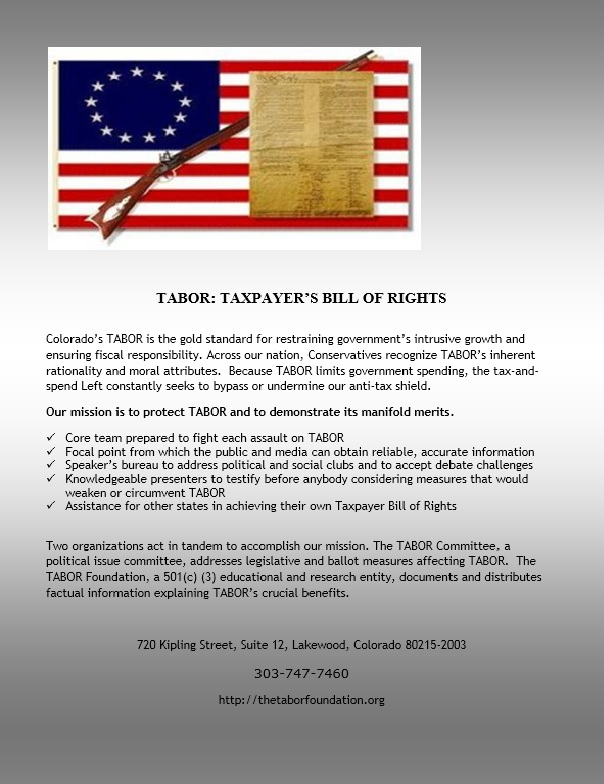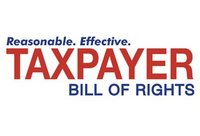Grocery tax is well past its expiration date
There was a time when our town only had two grocery stores and a handful of gas stations.
Before the redevelopment of our downtown core — before the factory outlet — and even before our state recognized the Taxpayer’s Bill of Rights (TABOR), our town services subsisted on the grocery tax. Because we had nothing else.
We paid for our cops, built our roads, and ran a town government through the direct taxation of the milk and bread that was purchased at those two, small grocery stores.
But we aren’t that small town anymore.
With the addition of the Promenade and continued improvement in the economy, we are seeing our town coffers grow to more than $44 million in sales tax revenue in 2017 alone. In 2016, that number was $39 million.
Yet in spite of a healthy and diversified economy here in town, we continue to incorporate the most regressive sales tax imaginable.





 This morning the TABOR Foundation brought a lawsuit before the Colorado Supreme Court. As the Plaintiff, we have charged that both Denver’s Regional Transportation District (RTD) and its Scientific and Cultural Facilities District had violated the requirements of the Taxpayer’s Bill of Rights when they started imposing sales taxes on items that had been exempt; items that the Districts did not have voter approval to tax. The arguments were presented on appeal to the State’s highest court. Our Foundation was ably represented by attorney Steve Lechner of Mountain States Legal Foundation. He faced alone the four attorneys employed by the governments on the other side. Our side had lost at both the District (trial) level and at the Colorado Court of Appeals.
This morning the TABOR Foundation brought a lawsuit before the Colorado Supreme Court. As the Plaintiff, we have charged that both Denver’s Regional Transportation District (RTD) and its Scientific and Cultural Facilities District had violated the requirements of the Taxpayer’s Bill of Rights when they started imposing sales taxes on items that had been exempt; items that the Districts did not have voter approval to tax. The arguments were presented on appeal to the State’s highest court. Our Foundation was ably represented by attorney Steve Lechner of Mountain States Legal Foundation. He faced alone the four attorneys employed by the governments on the other side. Our side had lost at both the District (trial) level and at the Colorado Court of Appeals.

